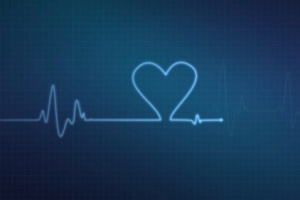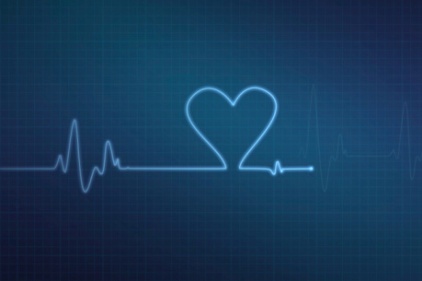 From the Harvard Medical School hms.harvard.educ
From the Harvard Medical School hms.harvard.educ
It's easy to eat your way to an alarmingly high cholesterol level. The reverse is true too — changing what you eat can lower your cholesterol and improve the armada of fats floating through your bloodstream.
Fresh fruits and vegetables, whole grains, and "good fats" are all part of a heart-healthy diet. But some foods are particularly good at helping bring down cholesterol.
How? Some cholesterol-lowering foods deliver a good dose of soluble fiber, which binds cholesterol and its precursors in the digestive system and drags them out of the body before they get into circulation. Others provide polyunsaturated fats, which directly lower LDL. And those with plant sterols and stanols keep the body from absorbing cholesterol. Here are 5 of those foods:
Oats. An easy way to start lowering cholesterol is to choose oatmeal or a cold oat-based cereal like Cheerios for breakfast. It gives you 1 to 2 grams of soluble fiber. Add a banana or some strawberries for another half-gram.
Beans. Beans are especially rich in soluble fiber. They also take a while for the body to digest, meaning you feel full for longer after a meal. That's one reason beans are a useful food for folks trying to lose weight. With so many choices — from navy and kidney beans to lentils, garbanzos, black-eyed peas, and beyond — and so many ways to prepare them, beans are a very versatile food.
Nuts. A bushel of studies shows that eating almonds, walnuts, peanuts, and other nuts is good for the heart. Eating 2 ounces of nuts a day can slightly lower LDL, on the order of 5%. Nuts have additional nutrients that protect the heart in other ways.
Foods fortified with sterols and stanols. Sterols and stanols extracted from plants gum up the body's ability to absorb cholesterol from food. Companies are adding them to foods ranging from margarine and granola bars to orange juice and chocolate. They're also available as supplements. Getting 2 grams of plant sterols or stanols a day can lower LDL cholesterol by about 10%.
Fatty fish. Eating fish two or three times a week can lower LDL in two ways: by replacing meat, which has LDL-boosting saturated fats, and by delivering LDL-lowering omega-3 fats. Omega-3s reduce triglycerides in the bloodstream and also protect the heart by helping prevent the onset of abnormal heart rhythms.
But stay away from…
As you consider eating more of the foods that can help dial down cholesterol, keep in mind that avoiding certain foods can also improve your results. To keep cholesterol levels where you want them to be, limit intake of:
Saturated fats. The saturated fats found in red meat, milk and other dairy foods, and coconut and palm oils directly boost LDL. So one way to lower your LDL is to cut back on saturated fat. Try substituting extra-lean ground beef for regular; low-fat or skim milk for whole milk; olive oil or a vegetable-oil margarine for butter; baked fish or chicken for fried.
Trans fats. Trans fats are a byproduct of the chemical reaction that turns liquid vegetable oil into solid margarine or shortening and that prevents liquid vegetable oils from turning rancid. Trans fats boost LDL as much as saturated fats do. They also lower protective HDL, rev up inflammation, and increase the tendency for blood clots to form inside blood vessels. Although trans fats were once ubiquitous in prepared foods, many companies now use trans-fat-free alternatives. Some restaurants and fast-food chains have yet to make the switch.
For more ways to keep your heart healthy and conquer high cholesterol, buy Managing Your Cholesterol from Harvard Medical School.




